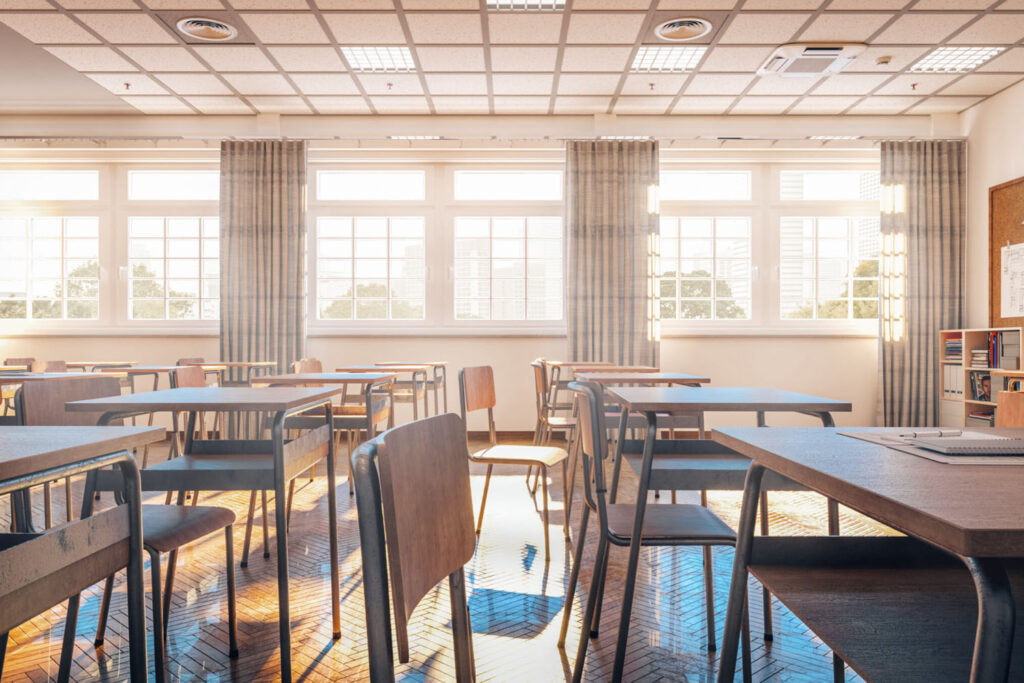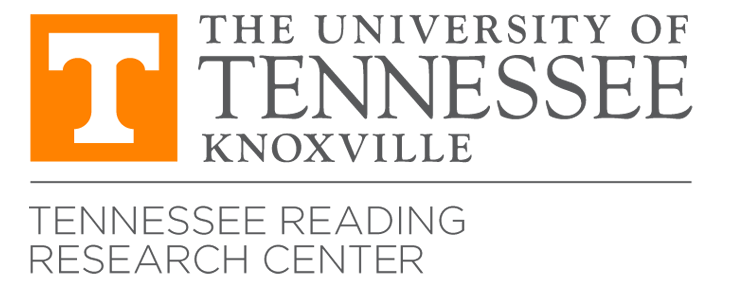Current Projects
The projects conducted at the Tennessee Reading Research Center address all aspects of literacy across the lifespan and in different settings. Drawing upon the expertise of our faculty and staff, we conduct studies that examine how reading and writing develop among different learners, what instruction is most effective for improving literacy under what conditions, and how to measure students’ literacy skills in appropriate ways. These studies contribute to the body of knowledge referred to as the “science of reading.” We also are concerned with the preparation and ongoing support of literacy educators, so we conduct research on how to ensure that educators can implement effective practices in their classrooms, what models of preparation or professional development are most effective for strengthening literacy instruction, and how to measure educators’ literacy knowledge and skills in appropriate ways. These studies contribute to the body of knowledge referred to as “implementation science.”

Varied Practice Reading

Students with or at risk for reading disabilities in Grades 6-8 need both literacy intervention and support for learning in the text-based content areas of science and social studies. Therefore, this project involves creating a semester-long Tier 2 intervention, Varied Practice Reading (VPR), that provide students multiple exposures to critical science and social studies language and information while building students’ reading fluency, vocabulary, and comprehension as well as writing skills.

Summer Meta-Analyses

There is conflicting information about whether or not K-5 students who do not participate in a summer reading program lose reading ability over the summer. Similarly, the evidence is mixed about the benefits of participating in summer reading interventions. Therefore, this study will explore both the summer learning effect (Aim 1) and the effectiveness of summer reading interventions (Aim 2).

Project LIBERATE

This study will examine the effectiveness of a blended curriculum (Read 180®) for improving the literacy outcomes of adolescents in juvenile justice schools who have reading difficulties. LIBERATE also will explore factors that mediate or moderate the impact of literacy instruction.
